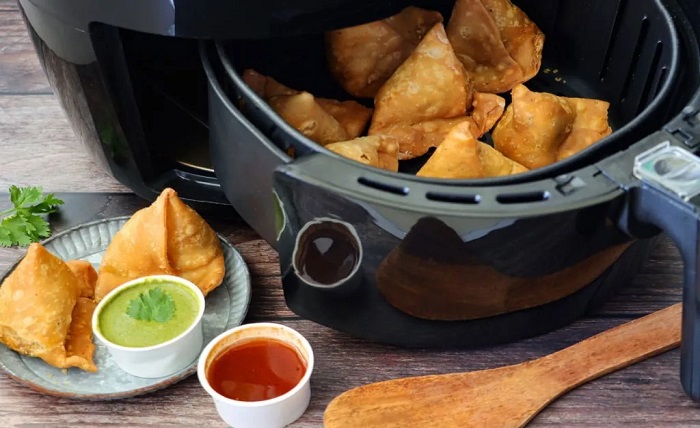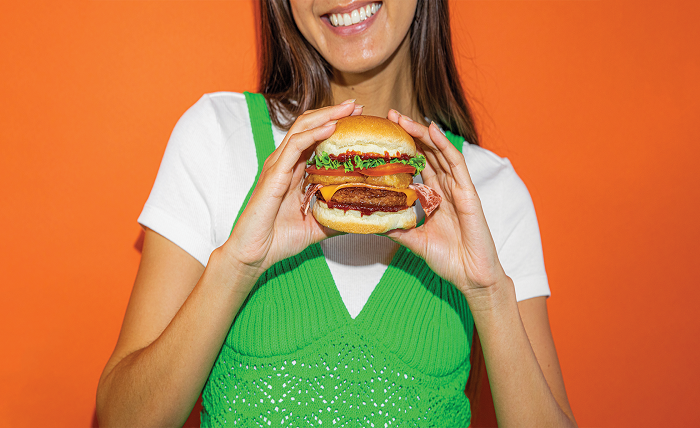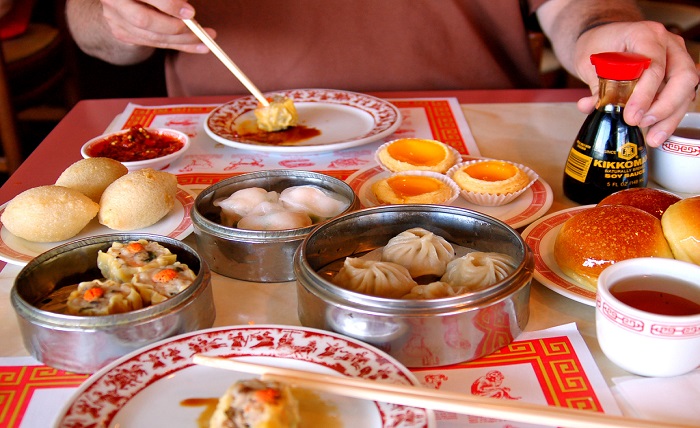Frying Safely: How to Avoid the Cancer Risks Linked to Air Fryers

Air fryers have taken the culinary world by storm, offering a healthier alternative to traditional deep-frying methods. By using hot air circulation instead of submerging food in oil, air fryers promise the same crispy textures and flavors with significantly fewer calories and less fat. However, recent studies have linked air frying to potential cancer risks. As a health-conscious consumer, the air fryer cancer warning can be concerning, and you may be wondering how to continue enjoying your favorite air-fried dishes without risking your health. This article will guide you through the essential steps to minimize the cancer risks associated with air fryers.
Understanding the Cancer Risks
The main concern with air fryers is the formation of acrylamide, a chemical compound created when certain foods are cooked at high temperatures. Acrylamide has been classified as a Group 2A carcinogen by the International Agency for Research on Cancer (IARC), meaning it is potentially cancer-causing in humans. In particular, starchy foods like potatoes are more prone to acrylamide formation when cooked at temperatures above 248°F (120°C). Air fryers typically operate at temperatures between 300°F and 400°F (150°C and 205°C), which can produce acrylamide.
Read more about: sportsclips
Choosing the Right Foods
One way to minimize the risk of acrylamide formation is by carefully selecting the foods you cook in your air fryer. Foods that are high in moisture and low in starch content are less likely to produce acrylamide. Some examples include:
- Lean proteins: Chicken, turkey, and fish are great options for air frying, as they contain less starch and more moisture than other proteins.
- Vegetables: Many vegetables, like zucchini, bell peppers, and asparagus, can be air-fried without significant acrylamide formation.
- Fruits: Try air-frying apple or pear slices for a healthy, crispy snack.
Prepping Your Ingredients
Proper food preparation is another key factor in reducing acrylamide formation. Follow these tips for safe air frying:
- Soak starchy foods: Before cooking potatoes or other starchy foods, soak them in cold water for 30 minutes to an hour. This helps to remove excess starch, which can contribute to acrylamide formation.
- Dry your ingredients: Excess moisture can cause uneven cooking and increase the risk of acrylamide production. Pat your ingredients dry with a paper towel before air frying.
- Use a light oil coating: A thin layer can help minimize acrylamide formation. opt for healthy oils, such as olive or avocado, and use a brush or spray bottle to coat your ingredients evenly.
Read more about: rajkotupdates-news
Adjusting Cooking Time and Temperature
Controlling the cooking time and temperature is crucial for reducing acrylamide formation in air fryers. Keep these guidelines in mind:
- Cook at lower temperatures: Opt for a lower cooking temperature when using your air fryer. While this may increase cooking time, it can significantly reduce the risk of acrylamide formation.
- Avoid overcooking: Overcooked and burnt foods can contain higher levels of acrylamide. Monitor your air fryer closely, and remove food as soon as it reaches the desired level of crispiness.
- Use a food thermometer: Ensure your food is cooked to a safe internal temperature by using a food thermometer. This can help prevent overcooking and reduce acrylamide formation.
Maintaining Your Air Fryer
Regular maintenance of your air fryer is essential for safe and healthy cooking. Follow these steps to keep your air fryer in optimal condition:
- Clean after each use: Ensure you clean your air fryer after every use. Remove any food particles and wipe down the cooking basket, tray, and interior with a damp cloth. This prevents residue buildup, which can increase acrylamide production.
- Check for damage: Regularly inspect your air fryer for any signs of wear or damage. Damaged components can affect the appliance’s performance and may contribute to acrylamide formation.
- Follow the manufacturer’s guidelines: Refer to the user manual for specific cleaning and maintenance instructions. Proper care will help prolong the life of your air fryer and ensure consistent cooking results.
Conclusion: A Balanced Approach to Air Frying
While the air fryer cancer warning is concerning, and potential cancer risks associated with air fryers can worry consumers, it’s important to remember that these risks can be significantly reduced by following proper cooking practices. They can still be valuable to your kitchen, providing a healthier alternative to traditional deep-frying methods. As with any cooking method, moderation and balance are key. Incorporate air-fried dishes into a well-rounded diet that includes a variety of fresh fruits, vegetables, lean proteins, and whole grains. With mindful cooking practices, you can continue to savor the tasty benefits of air frying while prioritizing your health and well-being.





